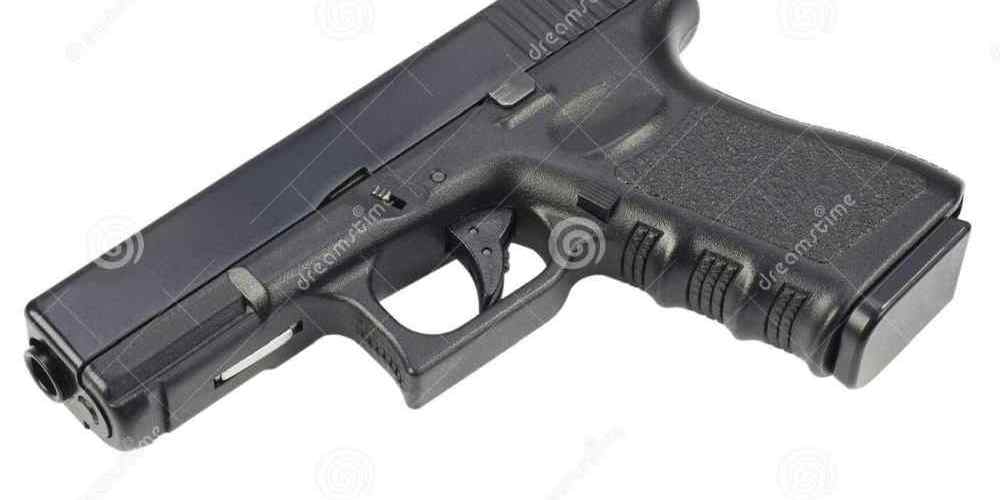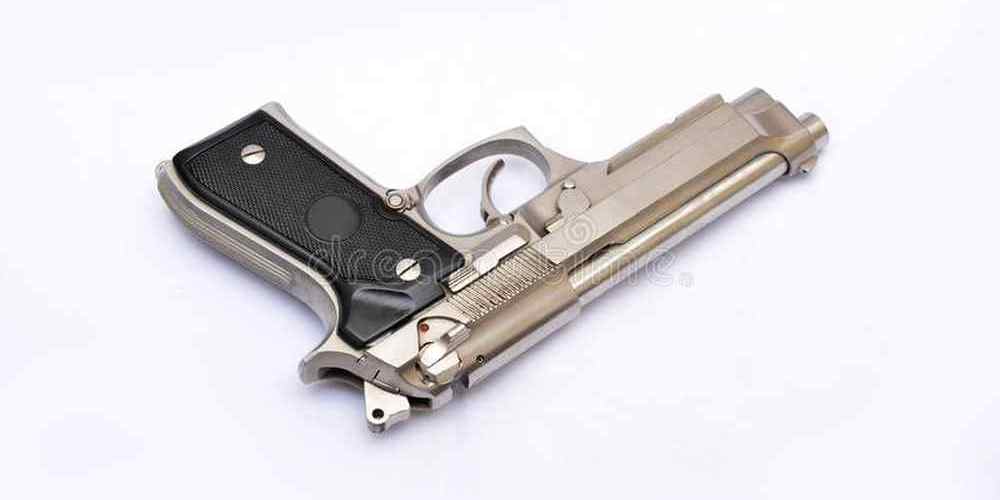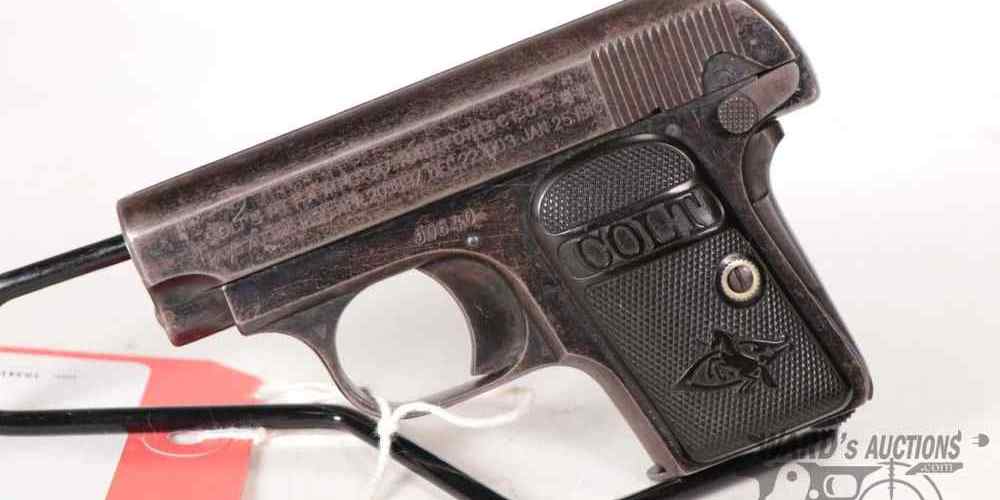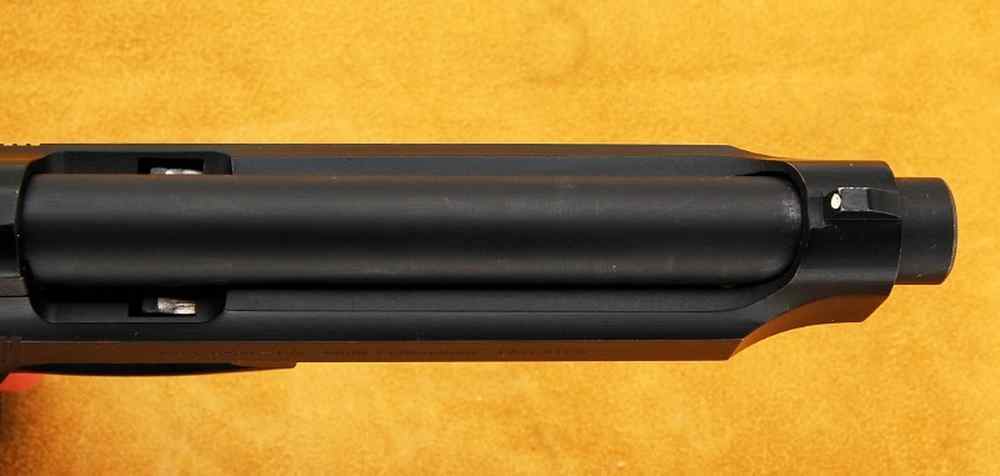“Maximized impact for ultimate stopping power.”
Factors Affecting Bullet Expansion
When it comes to self-defense or hunting, the stopping power of a bullet is crucial. The expansion of a bullet upon impact plays a significant role in its ability to stop a threat or take down game effectively. Understanding how bullet expansion impacts stopping power is essential for choosing the right ammunition for your needs.
Bullet expansion refers to the process where a bullet expands upon impact with its target. This expansion creates a larger wound channel, which can cause more damage to the target and increase the likelihood of stopping it in its tracks. The key factors that affect bullet expansion include bullet design, velocity, and target composition.
Bullet design plays a critical role in determining how a bullet will expand upon impact. Hollow point bullets are designed to expand upon impact, as the hollow cavity allows the bullet to deform and create a larger wound channel. This expansion increases the chances of hitting vital organs and stopping the threat quickly. On the other hand, full metal jacket bullets are less likely to expand upon impact, as they are designed to penetrate deeply without deforming.
Velocity also plays a significant role in bullet expansion. A faster-moving bullet is more likely to expand upon impact than a slower-moving one. This is because higher velocities create more energy upon impact, causing the bullet to deform and expand more rapidly. Additionally, higher velocities can cause bullets to fragment upon impact, creating multiple wound channels and increasing the chances of stopping power.
Target composition is another important factor that affects bullet expansion. Soft targets, such as flesh, are more likely to cause bullets to expand upon impact due to their pliable nature. On the other hand, hard targets, such as bone or metal, can hinder bullet expansion and reduce stopping power. It is essential to consider the composition of your target when choosing ammunition for self-defense or hunting purposes.
In conclusion, understanding how bullet expansion impacts stopping power is crucial for choosing the right ammunition for your needs. Bullet design, velocity, and target composition all play significant roles in determining how a bullet will expand upon impact and its ability to stop a threat effectively. By considering these factors when selecting ammunition, you can ensure that you have the best possible chance of stopping your target quickly and efficiently.
Terminal Ballistics and Stopping Power
When it comes to firearms and ammunition, there are many factors that can impact their effectiveness. One of the most important aspects to consider is bullet expansion and how it affects stopping power. Bullet expansion refers to the process by which a projectile expands upon impact with a target, causing more damage to the surrounding tissue. This expansion can have a significant impact on the ability of a bullet to stop an attacker or incapacitate a threat.
In general, bullets that expand upon impact with a target are more effective at stopping power than those that do not. This is because expanded bullets create larger wound cavities and transfer more energy to the target, causing more damage to vital organs and tissues. This increased damage can lead to faster incapacitation of an attacker, making expanded bullets more effective in self-defense situations.

There are several factors that can influence the expansion of a bullet upon impact. One of the most important factors is bullet design. Hollow point bullets, for example, are designed to expand upon impact with a target, creating a larger wound cavity and increasing stopping power. Full metal jacket bullets, on the other hand, are less likely to expand upon impact and may not be as effective at stopping power.
Another factor that can influence bullet expansion is velocity. Bullets that travel at higher velocities are more likely to expand upon impact with a target than those that travel at lower velocities. This is because higher velocity bullets transfer more energy to the target upon impact, causing them to expand more rapidly and create larger wound cavities.
Bullet construction also plays a role in determining how much a bullet will expand upon impact. Some bullets are designed with special features, such as bonded cores or jacketed hollow points, that help promote expansion and increase stopping power. These types of bullets are often preferred for self-defense situations where maximum stopping power is desired.
It’s important to note that while bullet expansion can increase stopping power, it is not the only factor to consider when choosing ammunition for self-defense. Shot placement and penetration are also critical factors in determining the effectiveness of a bullet in stopping an attacker. A well-placed shot with good penetration will always be more effective than a poorly placed shot with inadequate penetration, regardless of how much a bullet expands upon impact.
In conclusion, bullet expansion plays a crucial role in determining stopping power in self-defense situations. Bullets that expand upon impact with a target create larger wound cavities and transfer more energy, leading to faster incapacitation of an attacker. Factors such as bullet design, velocity, and construction all influence how much a bullet will expand upon impact. While expanded bullets are generally more effective at stopping power than non-expanded bullets, it’s important to remember that shot placement and penetration are also key factors in determining the effectiveness of ammunition in self-defense scenarios.
The Relationship Between Bullet Expansion and Wound Cavity
When it comes to understanding the concept of stopping power in firearms, one crucial factor to consider is bullet expansion. Bullet expansion refers to the way a bullet deforms upon impact with a target, and this deformation can have a significant impact on the size of the wound cavity and the overall effectiveness of the shot.
In simple terms, a bullet that expands upon impact will create a larger wound cavity than a bullet that does not expand. This is important because a larger wound cavity means more damage to vital organs and tissues, which can ultimately lead to quicker incapacitation of the target. In contrast, a bullet that does not expand may pass through the target without causing as much damage, potentially allowing the target to continue posing a threat.
The relationship between bullet expansion and stopping power is clear: the more a bullet expands, the greater its stopping power. This is why many ammunition manufacturers design their bullets to expand upon impact, as it increases the likelihood of achieving a quick and effective stop.
One of the key benefits of bullet expansion is that it helps to transfer more energy from the bullet to the target. When a bullet expands, it creates more surface area for contact with the target, which allows for greater energy transfer upon impact. This increased energy transfer can cause more damage to vital organs and tissues, leading to faster incapacitation of the target.
Additionally, bullets that expand are more likely to stay within the target’s body rather than passing through. This is important because a bullet that stays within the body can continue causing damage as it travels through tissues and organs, increasing the likelihood of achieving a quick stop.
However, it’s important to note that not all bullets are designed to expand. Full metal jacket (FMJ) bullets, for example, are specifically designed not to expand upon impact. While FMJ bullets are effective at penetrating barriers such as clothing or car doors, they may not create as large of a wound cavity as expanding bullets.
Ultimately, the choice between expanding and non-expanding bullets depends on the intended use of the ammunition. For self-defense purposes, expanding bullets are generally preferred due to their increased stopping power. On the other hand, non-expanding bullets may be more appropriate for hunting or military applications where penetration through barriers is crucial.
In conclusion, bullet expansion plays a critical role in determining stopping power in firearms. Bullets that expand upon impact create larger wound cavities, transfer more energy to the target, and are more likely to stay within the body. Understanding this relationship can help shooters make informed decisions when selecting ammunition for different applications. Whether for self-defense or hunting, choosing ammunition with proper bullet expansion can make all the difference in achieving an effective stop.
Comparing Different Bullet Types for Maximum Expansion
When it comes to choosing the right ammunition for self-defense or hunting, one of the key factors to consider is bullet expansion. Bullet expansion refers to how much a bullet expands upon impact with a target, which can greatly impact its stopping power. In this article, we will explore the importance of bullet expansion and compare different types of bullets for maximum expansion.
One of the main reasons why bullet expansion is so important is because it increases the diameter of the bullet, creating a larger wound channel. A larger wound channel means more tissue damage, which can lead to quicker incapacitation of an attacker or a more humane kill shot on game animals. Additionally, a larger wound channel can also increase the chances of hitting vital organs, such as the heart or lungs, which are critical for stopping an attacker or game animal.
There are several factors that can influence bullet expansion, including bullet design, velocity, and target material. Hollow point bullets are specifically designed to expand upon impact, as they have a hollow cavity in the tip that allows for controlled expansion. This type of bullet is commonly used for self-defense because it is less likely to over-penetrate and cause collateral damage.
Another factor that can affect bullet expansion is velocity. A faster-moving bullet is more likely to expand upon impact than a slower-moving bullet. This is because higher velocities create more energy transfer upon impact, causing the bullet to deform and expand more rapidly. However, it is important to note that not all bullets are designed to expand at high velocities, so it is crucial to choose ammunition that is suitable for your firearm’s muzzle velocity.
The type of target material can also impact bullet expansion. Soft targets, such as flesh or ballistic gelatin, are more likely to cause a bullet to expand than hard targets, such as bone or metal. This is because soft targets allow the bullet to deform and create a larger wound channel, whereas hard targets may cause the bullet to fragment or fail to expand at all.
When comparing different types of bullets for maximum expansion, it is important to consider not only the design and velocity but also the caliber and weight of the bullet. Larger caliber bullets tend to have more mass and energy transfer upon impact, which can lead to greater expansion. However, smaller caliber bullets may be better suited for certain applications where over-penetration is a concern.
In conclusion, bullet expansion plays a crucial role in determining stopping power when choosing ammunition for self-defense or hunting. By selecting ammunition with optimal expansion characteristics, you can increase your chances of effectively stopping an attacker or making a clean kill shot on game animals. Consider factors such as bullet design, velocity, target material, caliber, and weight when comparing different types of bullets for maximum expansion. Remember that every situation is unique, so it is important to choose ammunition that best suits your specific needs and preferences.
Real-world Examples of Stopping Power with Expanded Bullets
When it comes to self-defense ammunition, one of the key factors that can determine its effectiveness is bullet expansion. Bullet expansion refers to how much a bullet expands upon impact with a target, which can have a significant impact on stopping power. In this article, we will explore how bullet expansion impacts stopping power through real-world examples.
Imagine you are faced with a life-threatening situation where you need to defend yourself or your loved ones. You reach for your firearm loaded with self-defense ammunition that is designed to expand upon impact. As you aim and fire at the threat, the bullet makes contact with the target and expands rapidly, creating a larger wound channel and transferring more energy into the target.
This rapid expansion can cause devastating damage to vital organs and tissues, increasing the likelihood of incapacitating the threat quickly. In real-world scenarios, this can mean the difference between life and death for you or your loved ones.
One example of how bullet expansion impacts stopping power can be seen in the case of law enforcement officers facing armed suspects. When officers are forced to use deadly force to stop a threat, they rely on their ammunition to quickly incapacitate the suspect and prevent further harm. Bullets that expand upon impact can increase the likelihood of stopping a threat in its tracks, reducing the risk of injury or death to officers and bystanders.
Another example of how bullet expansion affects stopping power can be seen in hunting situations. Hunters rely on their ammunition to deliver a quick and humane kill when harvesting game animals. Bullets that expand upon impact create larger wound channels and transfer more energy into the animal, increasing the chances of a swift and ethical kill.
In both law enforcement and hunting scenarios, bullet expansion plays a crucial role in determining stopping power. Ammunition that expands rapidly can deliver more energy into the target, causing greater tissue damage and increasing the likelihood of incapacitating the threat quickly.
It is important for shooters to understand how different types of ammunition perform in terms of bullet expansion. Hollow point bullets are designed to expand rapidly upon impact, creating larger wound channels and transferring more energy into the target. Full metal jacket bullets, on the other hand, are designed to penetrate deeper without expanding as much.
When choosing self-defense ammunition, shooters should consider factors such as bullet design, weight, velocity, and caliber to ensure they are selecting ammunition that will provide adequate stopping power. Testing different types of ammunition in controlled environments can help shooters determine which loads perform best in terms of bullet expansion and stopping power.
In conclusion, bullet expansion plays a crucial role in determining stopping power in real-world scenarios. Ammunition that expands rapidly upon impact can create larger wound channels, transfer more energy into the target, and increase the likelihood of quickly incapacitating a threat. Understanding how bullet expansion impacts stopping power is essential for shooters looking to effectively defend themselves or harvest game animals ethically. By selecting ammunition that is designed to expand upon impact, shooters can increase their chances of success in life-threatening situations.






